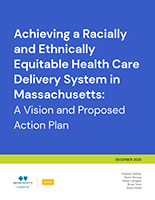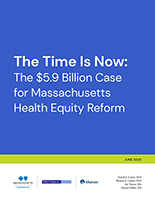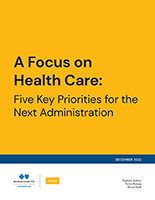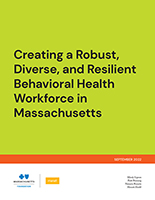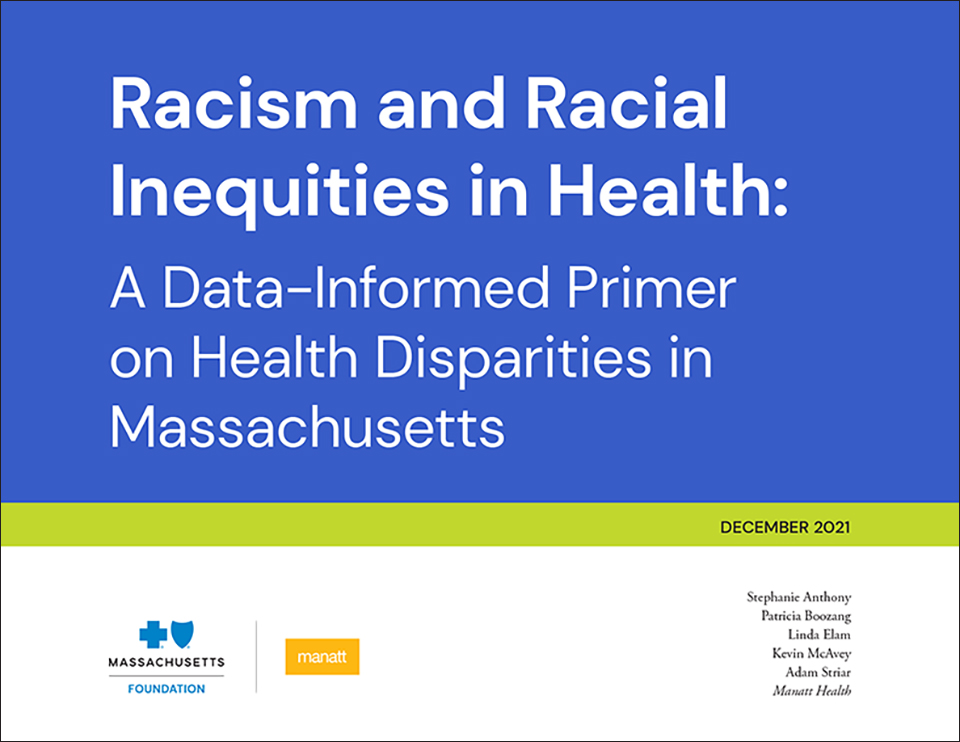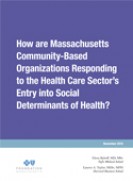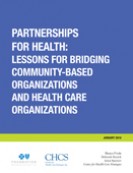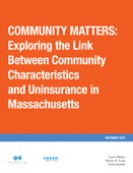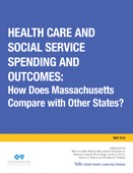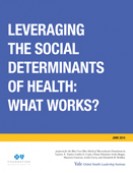Massachusetts Health Equity Initiative Inventory
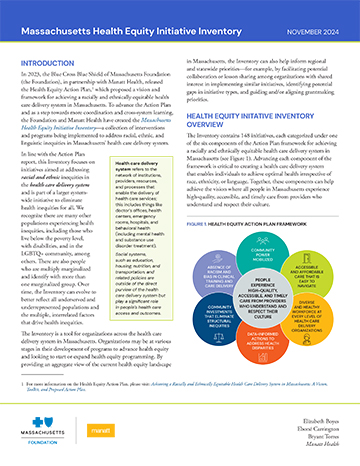
In 2023, the Foundation released a statewide Health Equity Action Plan, which proposed a vision and framework for achieving a racially and ethnically equitable health care delivery system in Massachusetts. To advance the Action Plan and as a step towards more coordination and cross-system learning among Massachusetts stakeholders, the Foundation, in collaboration with Manatt Health, developed the Massachusetts Health Equity Initiative Inventory and accompanying brief explainer. The Inventory is an interactive resource in Microsoft Excel that contains over 140 interventions and programs being implemented to address racial, ethnic, and linguistic inequities in Massachusetts’ health care delivery system. Each initiative featured in the Inventory includes a brief description and information on outcomes, where available. Users can sort initiatives by various categories, including:
- clinical area of focus,
- population,
- geographic region,
- funding source, and
- type of implementing entity.
The Inventory was developed as a tool for organizations across the health care delivery system in Massachusetts looking to start or advance their health equity work, offering examples and promising practices of initiatives across various areas of focus. It can also be used by other stakeholders, including state agencies, policymakers, and funders to inform programmatic and funding priorities.
As organizations adopt and update their health equity initiatives, the Foundation will periodically update the Inventory and will keep the most up-to-date version on its website. If you would like to submit an initiative or update information related to an existing initiative, you can do so via this form.
On Tuesday, December 3rd, 2024, the Foundation hosted a webinar on the Inventory. During the webinar the speakers discussed the impetus for the Inventory, shared key takeaways and lessons learned from compiling this resource, and highlighted how it may be used by organizations in various phases of their health equity journey. The webinar also featured a demonstration of how to use this interactive tool. Click here to access a recording of the webinar and a copy of the webinar slides.

